Ok, first off. You’re not a dummy. But the announcement that Jeff Sessions is rescinding the Cole Memo is confusing, especially since more Americans accept the idea of legal cannabis and the country is moving toward ending prohibition. His action raised the ire of cannabis advocates, citizens in adult-use legal states, elected officials and people in medical marijuana states.
Here we go!
What is the Cole Memo?
It’s a document written by a James Cole, deputy attorney general in 2013 when times were good and Barack Obama was president. Without going into the weeds of legalese, it tells U.S. attorneys where to focus their marijuana efforts.
These efforts include preventing:
- the distribution of marijuana to minors
- marijuana revenue from funding criminal enterprises, gangs or cartels
- marijuana from moving across state lines
- use of state-legal marijuana sales as a cover for illegal activity
- violence and use of firearms in growing or distributing marijuana
- drugged driving
- growing marijuana on public lands
- marijuana possession or use on federal property
It recognized that states have implemented laws to regulate marijuana and that those laws, for the most part, support what the federal government wants to see.
The memo tells federal staff to allow the states to police themselves. So over the last five years, all of the legal states wrote and followed their own laws regarding cannabis growing and sales. It gave the federal government the ability to focus on real criminal issues. This memo was important because of two things: it recognized the role of states in self-regulation and it acknowledged, tacitly, that the federal government had other priorities than chasing down cannabis businesses and it wasn’t going to spend funds on marijuana cases.
What did Sessions do With the Cole Memo and why?
Sessions rescinded the memo and is implementing a new policy. This one directs federal prosecutors to return to marijuana enforcement policy, overriding the laws in legal states. “Therefore, today’s memo on federal marijuana enforcement simply directs all U.S. Attorneys to use previously established prosecutorial principles that provide them all the necessary tools to disrupt criminal organizations, tackle the growing drug crisis, and thwart violent crime across our country,” wrote Sessions.
 What this action does is give U.S. Attorneys the ability to prosecute adult-use marijuana businesses. Many of which just opened earlier this week in California.
What this action does is give U.S. Attorneys the ability to prosecute adult-use marijuana businesses. Many of which just opened earlier this week in California.
We’ve known since before Sessions became the Attorney General that he hates cannabis, he has said that good people don’t smoke marijuana. He has always been a threat to the cannabis industry and now we’re seeing his wrath. The heart of the issue is the memo isn’t law and what we need now is legislation ending cannabis prohibition.
What Does This Mean for Michigan?
For now, we’re ok.
The bright spot in all of this, it is the Rohrabacher-Blumenauer amendment. It is a 2014 amendment to the federal government budget package 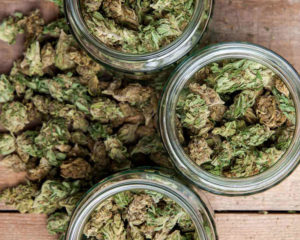 that’s up for renewal later this month. The powerful amendment, which has bipartisan support, protects states with medical marijuana programs. It prevents the federal government from using resources to prosecute people and businesses that are complying with the law in medical marijuana states.
that’s up for renewal later this month. The powerful amendment, which has bipartisan support, protects states with medical marijuana programs. It prevents the federal government from using resources to prosecute people and businesses that are complying with the law in medical marijuana states.
What’s devastating about the Cole Memo action is that our effort to end cannabis prohibition in Michigan could be upended as we move toward adult-use on the ballot in 2018.
What Can You Do?
Call your Congressperson and tell them how important it is to uphold the Rohrabacher-Blumenauer amendment. Here’s a script to follow and quick way to find your representative.
It’s time for all of us to step up our advocacy efforts and get involved (support with time or a donation) with NORML, Marijuana Policy Project and MILegalize.
Voice your support of cannabis and work against prohibition now.
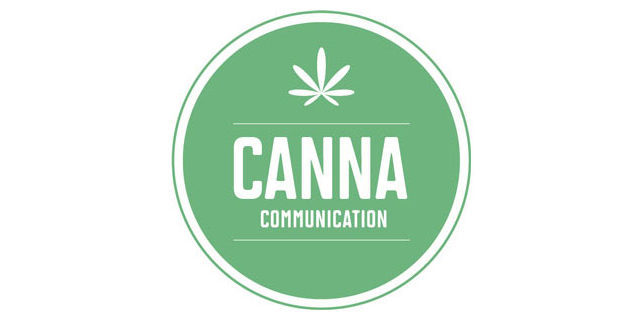
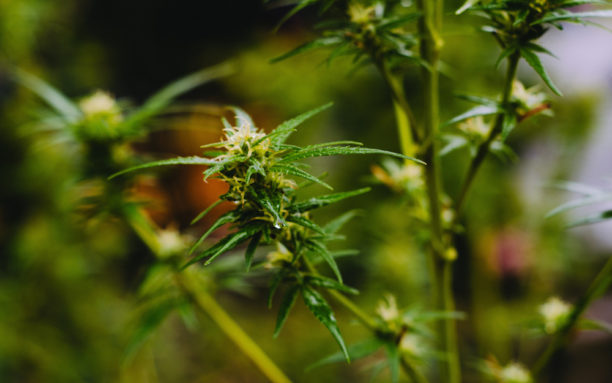

 Public Health Dr. Larry Wolk said this:
Public Health Dr. Larry Wolk said this:  will be able to major in medicinal plant chemistry at NMU, which offers America’s only bachelor’s degree in cannabis program.
will be able to major in medicinal plant chemistry at NMU, which offers America’s only bachelor’s degree in cannabis program. test, transport or provision medical marijuana. Dispensaries were threatened with closure by a state board, politicians stepped up to keep them open, liquid capital rates were set, municipalities opted in or out, and application materials were created. The licensing portal opened on December 15 and now we wait to see who will be first to show off their piece of legal paperwork.
test, transport or provision medical marijuana. Dispensaries were threatened with closure by a state board, politicians stepped up to keep them open, liquid capital rates were set, municipalities opted in or out, and application materials were created. The licensing portal opened on December 15 and now we wait to see who will be first to show off their piece of legal paperwork.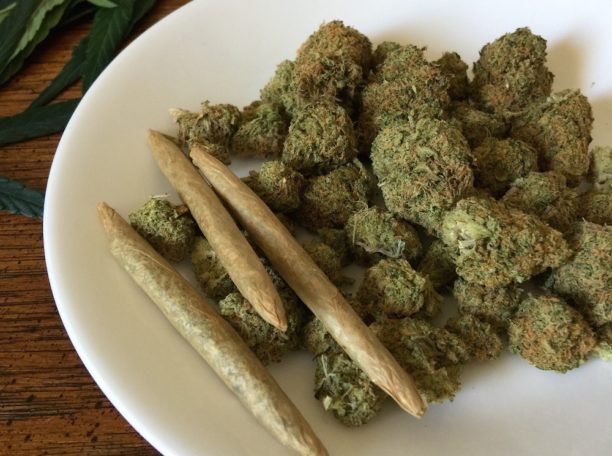
 little practice.
little practice.  and brewers are vital to
and brewers are vital to 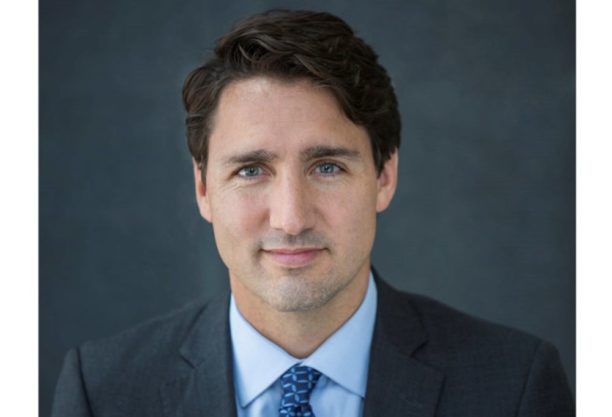
 consider how fast this has happened in Canada, really just three years since Prime Minister
consider how fast this has happened in Canada, really just three years since Prime Minister 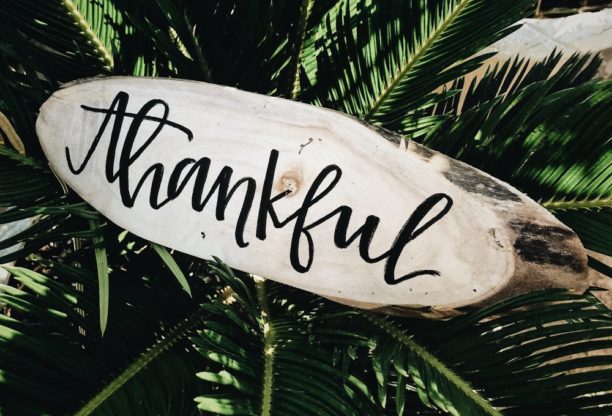
 Prime Minister made good on a campaign promise to legalize cannabis. The law takes effect in July 2018. We expect to see poutine sales to soar, too!
Prime Minister made good on a campaign promise to legalize cannabis. The law takes effect in July 2018. We expect to see poutine sales to soar, too!


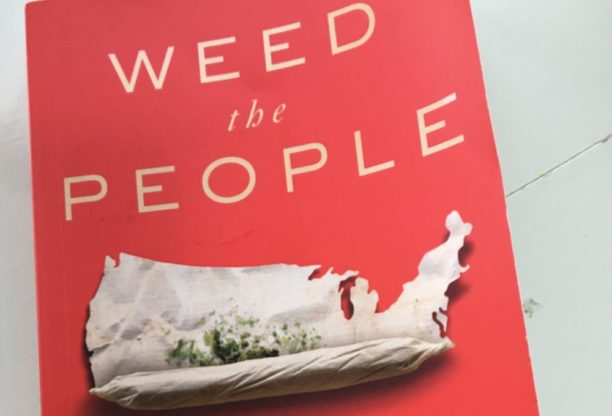
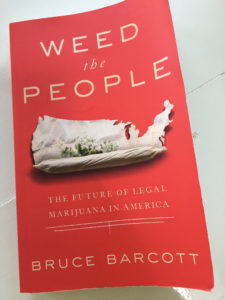 read. Two recently published books, “Weed the People” and “Cannabis Manifesto,” were written by a respected journalist and a noted activist and provide history and cultural context. The books also discuss the social justice issues around the criminalization of cannabis in communities of color. We’ve written our own
read. Two recently published books, “Weed the People” and “Cannabis Manifesto,” were written by a respected journalist and a noted activist and provide history and cultural context. The books also discuss the social justice issues around the criminalization of cannabis in communities of color. We’ve written our own 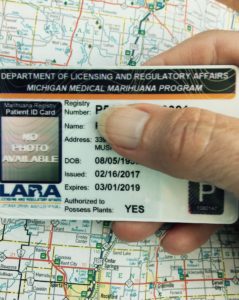 MMJ determinations, this is an important step in cannabis citizenship. Having a card also helps provide the government with a accurate data regarding marijuana use; the more people with cards, the more power we have as a group. While we’re all for puff-puff-pass and trying other people’s personal favorites, you don’t do the business, the culture, or the community any favors by purchasing, re-selling or giving away medicine.
MMJ determinations, this is an important step in cannabis citizenship. Having a card also helps provide the government with a accurate data regarding marijuana use; the more people with cards, the more power we have as a group. While we’re all for puff-puff-pass and trying other people’s personal favorites, you don’t do the business, the culture, or the community any favors by purchasing, re-selling or giving away medicine.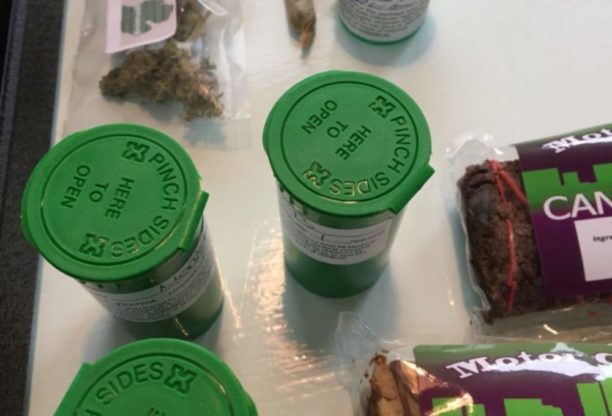
 When legalized and regulated, buying cannabis is like buying alcohol and/or cigarettes—the product is strictly secured and available only with a photo ID. In Michigan now, a patient must show a medical card and photo ID to even get through the door of a dispensary. The lobby portion of a dispensary is closed off, visually and physically from the consumer. You can’t get anywhere without valid credentials.
When legalized and regulated, buying cannabis is like buying alcohol and/or cigarettes—the product is strictly secured and available only with a photo ID. In Michigan now, a patient must show a medical card and photo ID to even get through the door of a dispensary. The lobby portion of a dispensary is closed off, visually and physically from the consumer. You can’t get anywhere without valid credentials. There are probably a number of factors at play in the teen use statistic. For one, the black market is decreasing, a projection by Marijuana Policy Project estimated that
There are probably a number of factors at play in the teen use statistic. For one, the black market is decreasing, a projection by Marijuana Policy Project estimated that 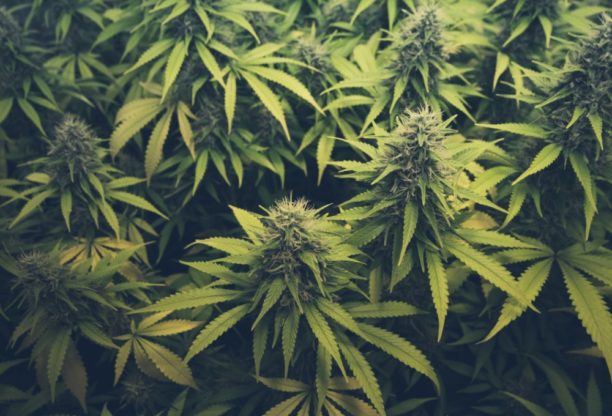
 “Taxes are what we pay for a civilized society.”
“Taxes are what we pay for a civilized society.” Frankly, we were delighted to pay it. In fact, we might even say that we felt altruistic seeing that we were supporting cultural facilities and RTD (Denver’s bus and rail service provider), in addition to paying the state and municipality taxes.
Frankly, we were delighted to pay it. In fact, we might even say that we felt altruistic seeing that we were supporting cultural facilities and RTD (Denver’s bus and rail service provider), in addition to paying the state and municipality taxes.